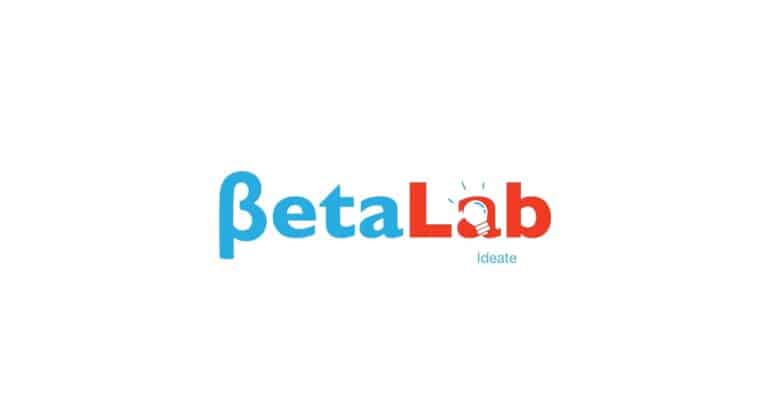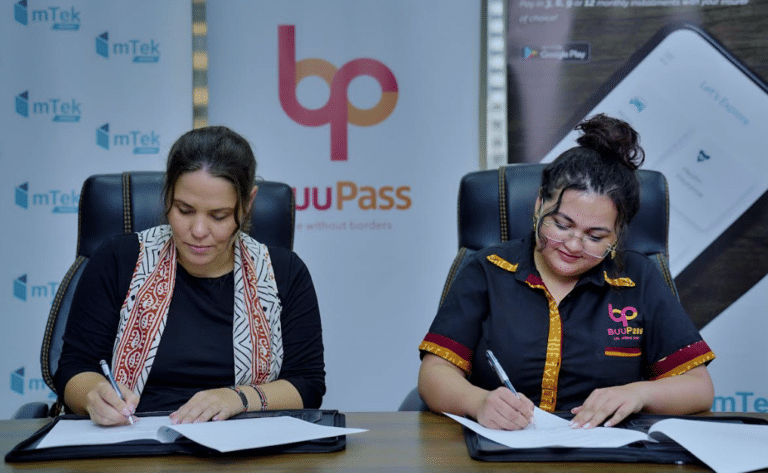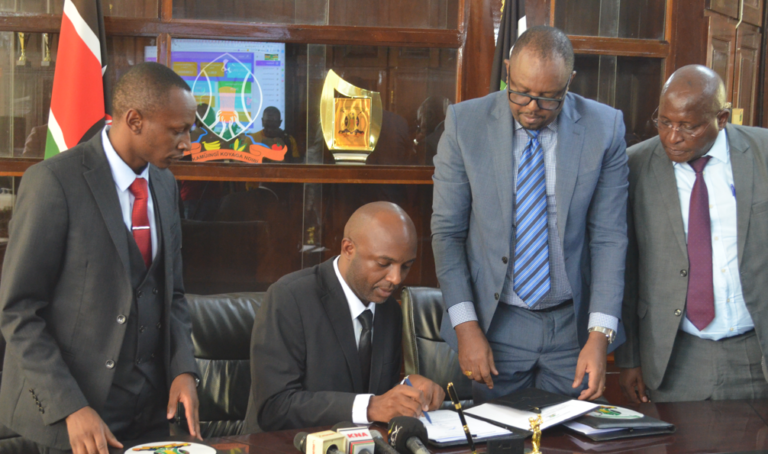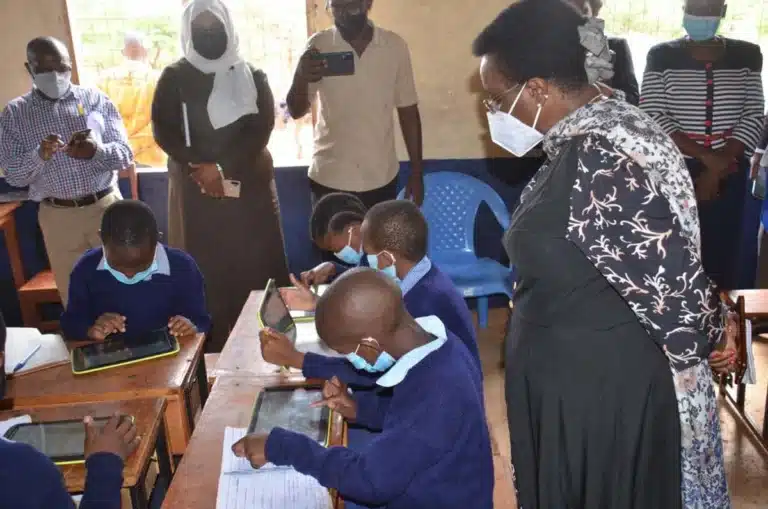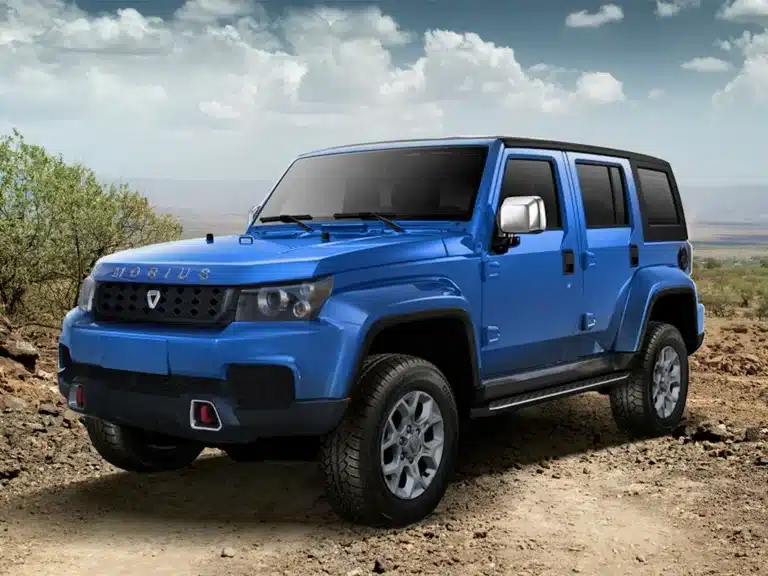Leading global technology brand vivo has officially launched the much-awaited Y28 smartphone in Kenya. The Y28 represents the newest addition to the innovative line of vivo smartphones, combining elegant design and robust performance to suit and meet the diversity of needs of modern users. But more than anything else, the launch underlines vivo’s commitment to delivering advanced technology that is designed around consumer demand and remains caring about aesthetics and functionality.
Design and Build: Sleek, Stylish, and Durable
The vivo Y28 redefines smartphone design with an ultra-slim 7.99mm body containing a 6000mAh battery. But it’s not just about being slim, with such a powerful battery, users can go as long as they wish, making it the perfect fit for people with demanding lifestyles. The premium look of the Y28 is further enhanced by the Metallic High-Gloss Frame, whereas the rear camera module taken a notch higher with Dynamic Light adds an exclusive touch. This feature not only re-emphasizes the presence of the gadget but also flashes according to the rhythm in the music and even while a message beeps for an all-around immersive audio visual feature.
The Y28 is available in two exclusive, nature-inspired colors. Borrowing a leaf from the first light of dawn, Gleaming Orange shines with Flowing Glitter Particle technology, giving a shimmering effect whenever the phone is moved. On the other hand, the Agate Green variant is inspired by agate stones, and it had applied Glitter AG Technique to portray a delicate sparkle that would resist dirt, wear, and fingerprinting. These design decisions reflect the details taken into regard and the artisan skills sent by vivo.
The Great Combination of Performance: Power and Efficiency
At the heart of the Vivo Y28 is a humongous 6000 mAh battery, delivering an all-day gaming and long-use scenario on a single charge without having to recharge time after time. Users are also guaranteed a 4-Year Battery Health feature, where the battery is built to retain over 80% capacity after 1600 charge cycles. 44W FlashCharge technology ensures users top up their battery quickly to reduce downtime and remain on their devices.
The Y28 is powered by 8 GB + 8 GB Extended RAM, which will offer a seamless experience in switching among multiple apps and transitions. Storage includes 128 GB or 256 GB, which is definitely ample space for apps, photos, and media. It also has the Sunlight Eye Protection Screen for smooth visuals, high brightness, and lower eye fatigue, coming in at 90Hz. Moreover, the TÜV Rheinland Low Blue Light Certification ensures that the users’ eyes are kept away from harmful blue light, making the Y28 a safe choice for extended use.
Camera: Capturing Every Moment with Clarity
The camera system on vivo Y28 has been specially designed to offer more in terms of photography. The 50 MP HD Main Camera captures every moment with clarity, making it suitable for all types of casual and serious photographers. The 8 MP Front Camera with Aura Screen Light is made to make selfies bright and lively, even in low light. Extra features such as the custom Photo Borders and Dynamic Light features add a personal touch to every shot.
Price and Availability in Kenya
The smartphone becomes available in the country from 22 July 2024. The Ksh 22,999 price tag quoted here is for the 128GB model; for the model with 256GB storage, the asking price is Ksh 25,999. Making the vivo Y28 retail at probably the most competitive cost point in the middle-range market.
Conclusion: A Smartphone That Blends Style with Substance
In the recent market, with the launch of Y28, vivo has once again proven how a smartphone maker can be a step ahead in making telephones that not only meet but surpass ever-emerging expectations of a consumer. The Y28 marries high-style aesthetics with supreme functionality to suit the many usage priorities of any user: be it great battery life, high-quality in-camera features, or sleek and smart design, vivo Y28 has it all. This is a great milestone for vivo in entering Kenya, and it cements its place as a top brand in the smartphone industry.

